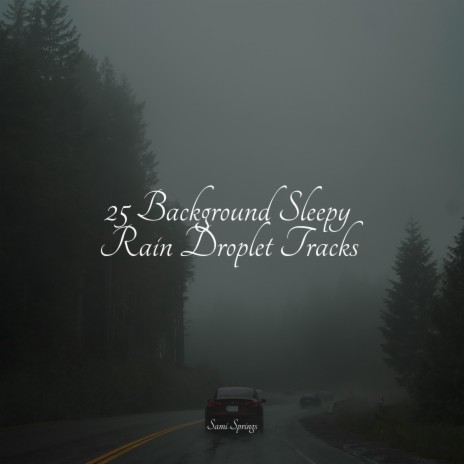
Increasingly confident, he reused material from his journals, weaving his raw notes into smoother narratives with the help of his Edinburgh editor, William MacGillivray, who polished his prose, Irmscher tells us, “channeling the syntactic torrents Audubon had unleashed into shorter sentences” and amending his eccentric diction.ĭespite Audubon’s lapses into flowery overwriting, the extracts in this volume make for captivating reading, sweeping us from the reefs of the Florida Keys up the Atlantic Seaboard to the icy rocks of the Canadian Maritimes. (King selected them, Irmscher wrote the eloquent introduction and headnotes, and they collaborated on the wide-ranging notes.) The book’s central section, framed by entries from a journal of a voyage to Britain in 1826 and an expedition to Labrador in 1833, contains extracts from the five-volume Ornithological Biography, which Audubon wrote to accompany the bound volumes of plates, feeling that the engravings alone could not convey America’s natural wealth and varied landscapes. The texts are impeccably edited by Christoph Irmscher and Richard J.

While becalmed in the Gulf of Mexico, he wrote, “My time goes on Dully Lying on the Deck on my Matress, on a hard pressed bale of Cotton, having no one scarcely to talk to, only a few Books.” (Aptly, these included Byron’s The Corsair.) Years later, approaching the Labrador coast through choppy seas, he wrote that “the cry of land soon made my heart bound with joy.”Īudubon at Sea, a selection of his oceangoing writings, asks us to imagine this landsman “challenged, on a deeply existential level, by an environment where he couldn’t rely on the instincts that normally made him such an effective observer and hunter of birds.” The focus is on Audubon as writer as much as artist, and the effect is strange and powerful. On ships he was seasick, bored, restless, longing to stride on solid ground with his gun. Whereas “the Land Bird flits from bush to bush, runs before you, and seldom extends its flight beyond the range of your vision,” he complained that “it is very different with the Water Bird, which sweeps afar over the wide ocean, hovers above the surges, or betakes itself for refuge to the inaccessible rocks on the shore.” Moreover, he disliked being on water. The land, not the sea, was Audubon’s element. (P.O.When European commentators in the 1830s admired the brilliantly colored, life-size prints in John James Audubon’s The Birds of America, they found the backgrounds almost as enthralling as the birds: forest clearings, swamps and canebrakes and waving prairie grasses-an unknown country. Rose Pop four Xans, now I'm feelin' like a hero (Superman) Lean got me like Rio (Rio) And my auntie on P.O. Rose Hundred on my wrist, bitch, I'm feelin' like D.

Rose Eighty on my wrist, hundred on my wrist (Ooh, what?) Eighty on my wrist, hundred on my wrist (Brr, ooh) Eighty on my wrist, hundred on my wrist (What? Ayy) Eighty on my wrist, hundred on my wrist (Ooh) D.

Rose), ayy, ayy, ayy Hundred on my wrist, eighty on my wrist (What?) Hundred on my wrist, eighty on my wrist (Brr) Hundred on my wrist, eighty on my wrist (Ooh) Hundred on my wrist, eighty on my wrist D. Rose, ooh Hundred on my wrist (Lil Pump) Eighty on my wrist (Ooh, D.


 0 kommentar(er)
0 kommentar(er)
